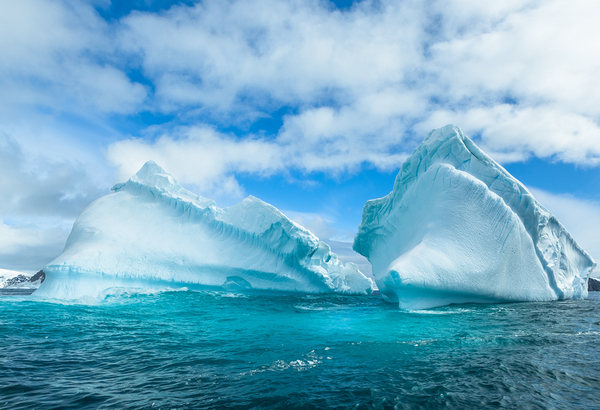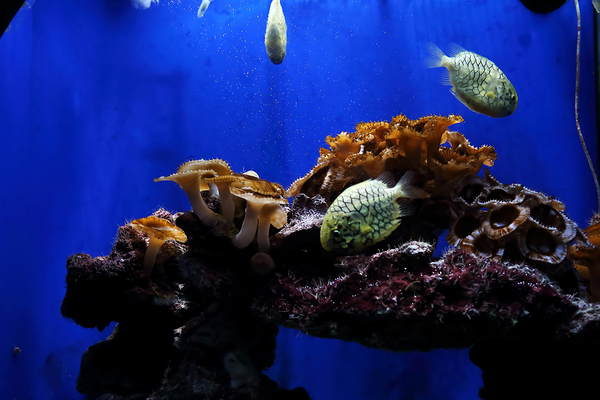What’s the Difference between Oceanography and Marine Biology?
These similar-sounding majors have very different areas of study
Oceanography and marine biology may seem like basically the same thing, but these two majors lead to very different career paths and jobs. So, what’s the difference between oceanography and marine biology? While oceanographers study the oceans themselves—the chemistry, physics, and geology of ocean systems and how organisms shape these systems, marine biologists study marine organisms—their characteristics, physiology, and life history.

What’s the Difference between Oceanography and Marine Biology – What Oceanographers Do
Oceans cover 70 percent of the planet, and their composition has profound impacts on all life on Earth. Oceanographers study the role of oceans in the big picture of Earth’s ecosystems and the ways in which oceans impact life on Earth and vice versa.
The oceans can be studied from a variety of perspectives from other disciplines, such as chemistry, physics, geology, meteorology, and math. These perspectives give oceanographers different ways of looking at the vast oceans and help them to discover how different processes take place and make the ocean’s ecosystem what it is today.
Oceanography does cover the study of marine life, but from the perspective of how marine life (along with chemicals, water temperature, weather conditions, and other forces) might be impacting ocean conditions. A marine biologist might study algae to catalog it, discover where it can survive, what it eats, and what eats it, for instance. On the other hand, an oceanographer would study the impact of algae on the ocean water itself, such as when algae release toxic substances into the ocean and cause the water to change color, or cause other forms of life to die.

What’s the Difference between Oceanography and Marine Biology – What Marine Biologists Do
Oceans cover 70 percent of the planet and contain an estimated 700,000 to one million species of marine animals and plant life, less than 300,000 of which have been identified. One of the main jobs of marine biologists is to find new species and catalog them so that a more complete record can exist.
Marine biologists also study how marine organisms interact, like the way clownfish and sea anemone have a symbiotic relationship with each other. These interactions could be beneficial or could cause problems in a marine ecosystem that marine biologists can help manage.
Environmental marine biologists may have a more active role in figuring out how marine life is impacting ecosystems and helping to fix problems, while other marine biologists may simply observe marine life and document it. Another branch of marine biology studies the history of organisms by looking at evolutionary trends and fossil records, and comparing them to current species.
You might ask, Oceanography or Marine Biology? Which degree is right for me? The definition of oceanography and marine biology and differences between oceanography and marine biology make them distinct majors with a variety of different career options. Florida Tech offers both an oceanography and a marine biology major, both of which will prepare students for careers in these different but equally important fields. Learn more about these degree programs today!
%CODE1%
%CODE2%





